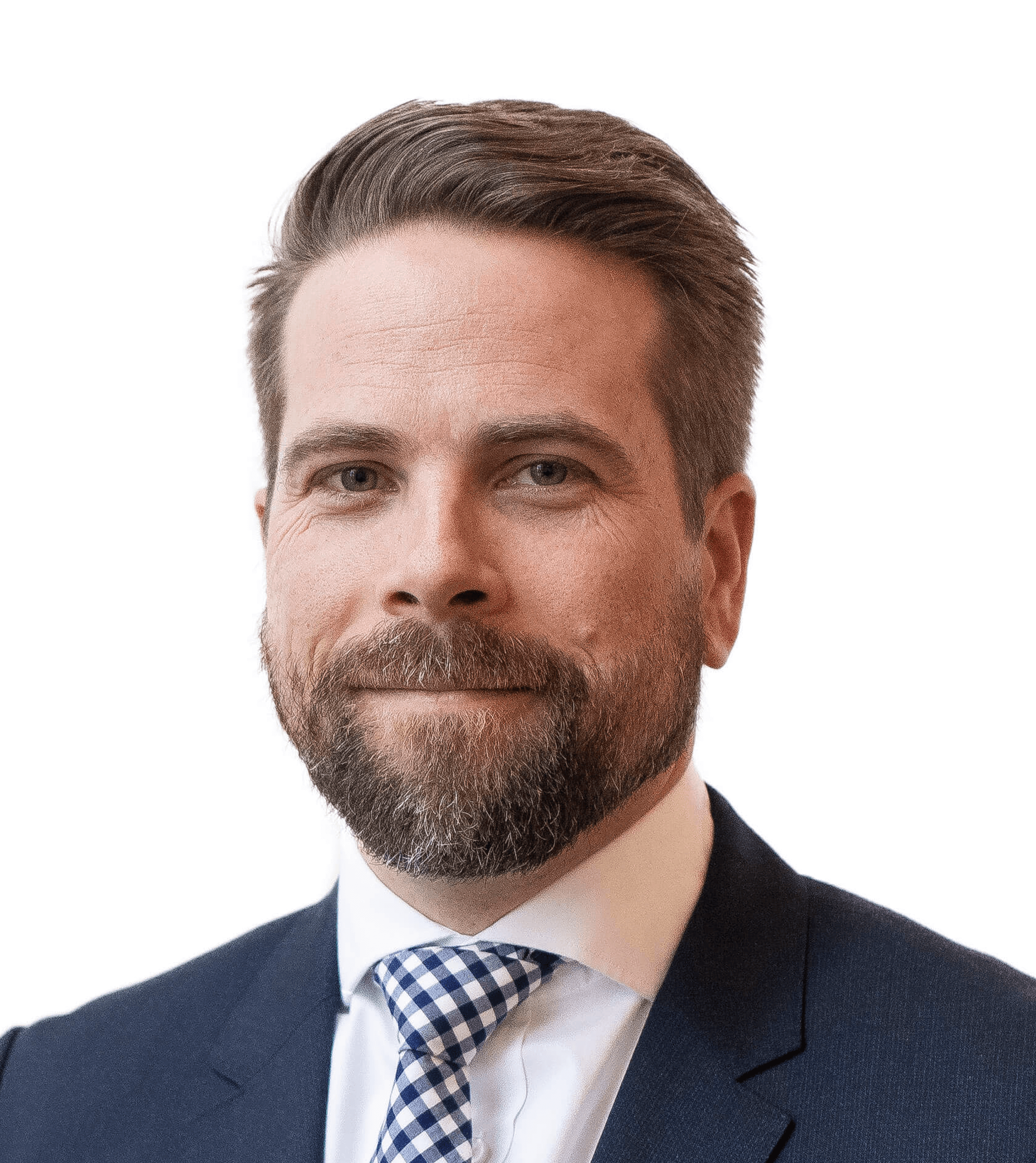- CEOCap
- Jaime Watt’s Debut Bestseller ‘What I Wish I Said’
- Media Training
- The Push Back
- Internship program
- Update Your Profile
- Homepage
- It’s time for a change
- It’s time for a change
- Kio
- Ottawa
- Art at Navigator
- Navigator Limited Ontario Accessibility Policy
- Virtual Retreat 2020 Closing Remarks
- COVID-19 Resources
- Offices
- Navigator Sight: COVID-19 Monitor
- Navigator Sight: COVID-19 Monitor – Archive
- Privacy Policy
- Research Privacy Policy
- Canadian Centre for the Purpose of the Corporation
- Chairman’s desk
- ELXN44
- Media
- Perspectives
- Podcasts
- Subscribe
- Crisis
- Reputation
- Government relations
- Public affairs campaigns
- Capital markets
- Discover
- studio
- How we win
- What we believe
- Who we are
- Careers
- Newsroom
- AI
- Empower by Navigator
- Environmental responsibility
The real test for every new government is knowing when to pivot while class is still in session.
The election of Justin Trudeau’s government in October of 2015 brought hope to Canadian progressives. After years of fiscal austerity, a tough stance on justice issues, and a passive approach to the environment, a Liberal government promised to reverse course.
The new Trudeau government had ambitious plans for electoral reform, stringent environmental regulation, increased program spending and a heightened focus on indigenous issues.
It was a moment of liberal ascendancy in North America: U.S. President Barack Obama’s rapport with Trudeau was noticeably warmer than that of all but a handful of their predecessors.
According to pundits, the election was the dawn of an era in which liberal ideals on the environment, foreign policy and the social safety net would be focused.Then came the election of Donald Trump.
All new governments struggle to make the transition from Opposition rhetoric and campaign promise to the grinding reality of governing. Governments that have momentum in the first two years also often find themselves slowed significantly as they shift to campaign promises that are more challenging to implement than the quick wins.
But the unexpected ascendance of U.S. President Donald Trump has forced the Trudeau government to significantly change its course—and to modify its expectations.
Trump’s uncompromising support for constructing pipelines and reducing environmental regulation, as well as his brash approach to foreign relations were at odds with many of the Trudeau government’s core policies.
Nimble and responsive are not terms typically associated with the heavy machinery of government, but both the Canadian and U.S. bureaucracies have been forced to shift gears in response to the threats posed by the Trump administration.
For example, Trump’s position on NAFTA has the potential to throw Canada—and the entire continent—into economic disarray, something that would not only harm Canadians, but also compromise Trudeau’s ability to control his government’s agenda.
We have already seen a whiplash effect on a number of policy fronts, which shows that the Trudeau government understands the enormity of the challenge facing it, even if it’s not quite sure what to do about it.
The government began to shift the tone and nuance around policy and rhetoric as quickly as possible. Statements that would position Trudeau adamantly against Trump were revised, leading to a more restrained Canadian presence on the international stage. The most recent federal budget committed to ramping up military spending to closer to the two per cent of GDP demanded by Trump for all NATO nations. Trudeau has also been careful to publicly position his government as a partner and ally of the Trump administration, avoiding the critical or standoffish attitudes adopted by other U.S. allies.
On the environmental front, Trump’s administration has abruptly forced the Trudeau government’s hand on a number of issues. Obama’s stance against the Keystone XL pipeline rendered the Canadian government’s position moot, but Trump’s revival of the project put the Liberal government firmly back in the crosshairs of environmentalists. The government’s support of pipeline development has brought criticism from environmentalists, but it has kept Canada on the same side as the Trump administration.
The government has also shuffled its highest-profile players into roles that focus on the relationship with the United States, shifting focus away from other domestic policy changes.
Mid-mandate shifts are a natural occurrence in government. Trump’s election, however, made this shift more of a jolt.
KEY PLAYERS
CHRYSTIA FREELAND
The Prime Minister shuffled hard-charging Chrystia Freeland from a lower-profile role as international trade minister to her more prominent position as Minister of Foreign Affairs. In addition to the regular duties of this portfolio, Freeland has retained responsibility for expanding the scope of Canada’s trading relationship with the United States. Freeland is known as one of Trudeau’s most trusted ministers.
DAVID MACNAUGHTON
Political mover-and-shaker
David MacNaughton was appointed as Canada’s ambassador to the United States in March 2016. A thoughtful strategist, MacNaughton is no stranger to the tactical side of politics, making him a deft choice to deal with an administration that has already demonstrated a tendency to get bogged down in details.
ANDREW LESLIE
Leslie was promoted from government whip to parliamentary secretary to Freeland. While the role of parliamentary secretary is not typically very signi cant, Leslie has been sworn into the Privy Council and has been tasked with major assignments working with U.S. of cials. Leslie, a former armed forces general, spent most of his career working alongside Americans. He speaks their language, and he garners respect few others could in his position.
BRIAN CLOW
Canada’s rst ever Canada-U.S. war room is led by Brian Clow, a former chief of staff to Freeland. Clow is a trusted staffer in the Trudeau government. The war room comprises a capable team that focuses on managing the relationship between the two countries, watching for what seem like minor actions by the Trump administration, ensuring the government remains onside with the U.S.

